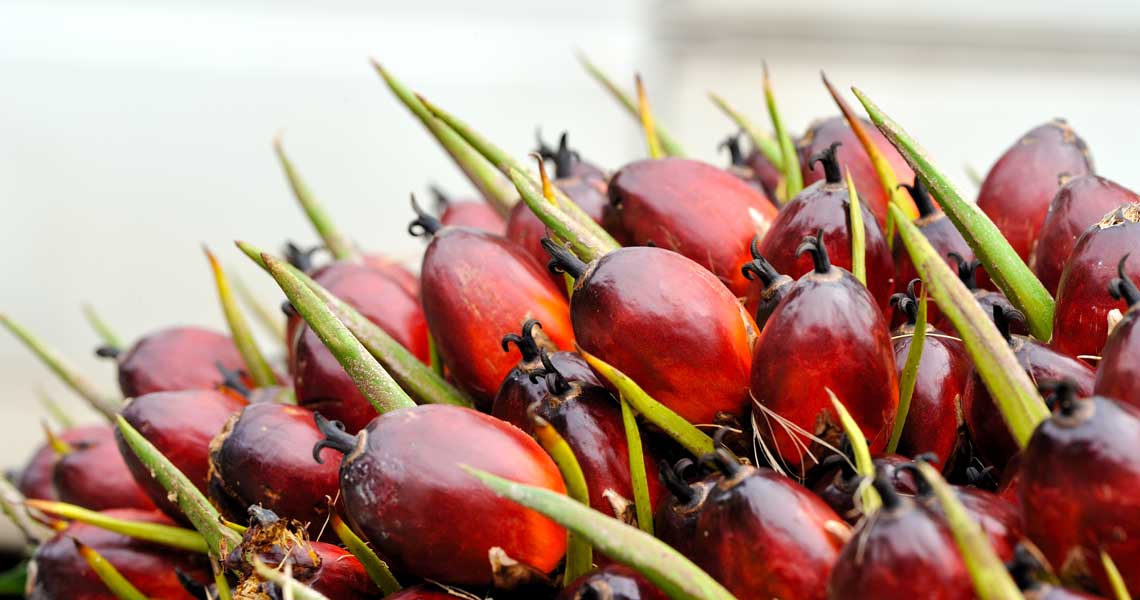The role of heat exchangers in sustainable palm oil processing

Palm oil is the most important and widely used oil and fat product in the world and demand continues to increase globally. However, in response to concerns around sustainability and deforestation, a number of palm oil producers are using heat exchangers to increase the environmental credentials of their production methods, and improve their overall productivity.
In order to address sustainability concerns, particularly the industry’s role in driving deforestation, the Roundtable on Sustainable Palm Oil (RSPO) was established, with the backing of environmental NGOs such as WWF. RSPO now certifies 19% of all global palm oil production, with 42% (approximately 6.2 million tonnes) coming from Malaysian producers1.
Remus Lim, General Manager for HRS Heat Exchangers in Malaysia, explains: “CPO in Malaysia is normally refined, bleached and deodorised by physical methods to produce Refined, Bleached Deodorised Palm Oil (RBD PO), although a small quantity is neutralised chemically for certain specialised uses.”
Heat plays a key role in this physical processing, as well as in processing the millions of tonnes of palm kernel oil and cake which are also produced. For example, during oil extraction it is important to maintain the temperature of the fruit and extracted oil to prevent hydrolysation of the fats, in order to produce the lowest possible free fatty acid (FFA) content in the refined oil.2
With heat playing such an important role in palm oil processing, and with increasing emphasis on improving productivity, it is important that it is used as efficiently and effectively as possible. Not only does this ensure the best economic performance and help to maintain product quality, it has environmental benefits, too. The added efficiency of HRS’s corrugated tube heat exchangers makes them ideal for heat recovery applications which can lead to substantial increases in energy efficiency. Less energy means less fuel, lower emissions and less waste.
HRS Heat Exchangers has supplied its K Series stainless steel shell and tube heat exchangers to palm oil refineries and oleochemical producers across Malaysia, often to replace plate heat exchangers, as corrugated tube units are easier to clean and maintain, as well as being less susceptible to fouling. K Series units have been used at all stages of the process, from start-up heating through to shut-down cooling. As well as oil heating and cooling, HRS heat exchangers are also used in scrubbing and condensing operations and as oil economisers.
Thanks to HRS’s corrugated tube technology, the K Series has higher heat transfer coefficients than other designs, meaning that a lower heat transfer area is required for the same performance. The corrugated tube also helps promote the movement of palm oil through the heat exchanger and prevents fouling, which further helps to prevent hydrolysation.
“Overall, the corrugated design and stainless steel construction of the HRS K Series results in a compact size, lower capital investment and lower maintenance costs compared to equivalent smooth tube or plate heat exchangers,” adds Remus. “It also helps with sustainable production by reducing the energy requirement for many refining processes. These factors make the K Series the ideal multitube heat exchanger for palm oil processing and refining.”
——————————
2MPOB FAQs: http://www.mpob.gov.my/en/faqs